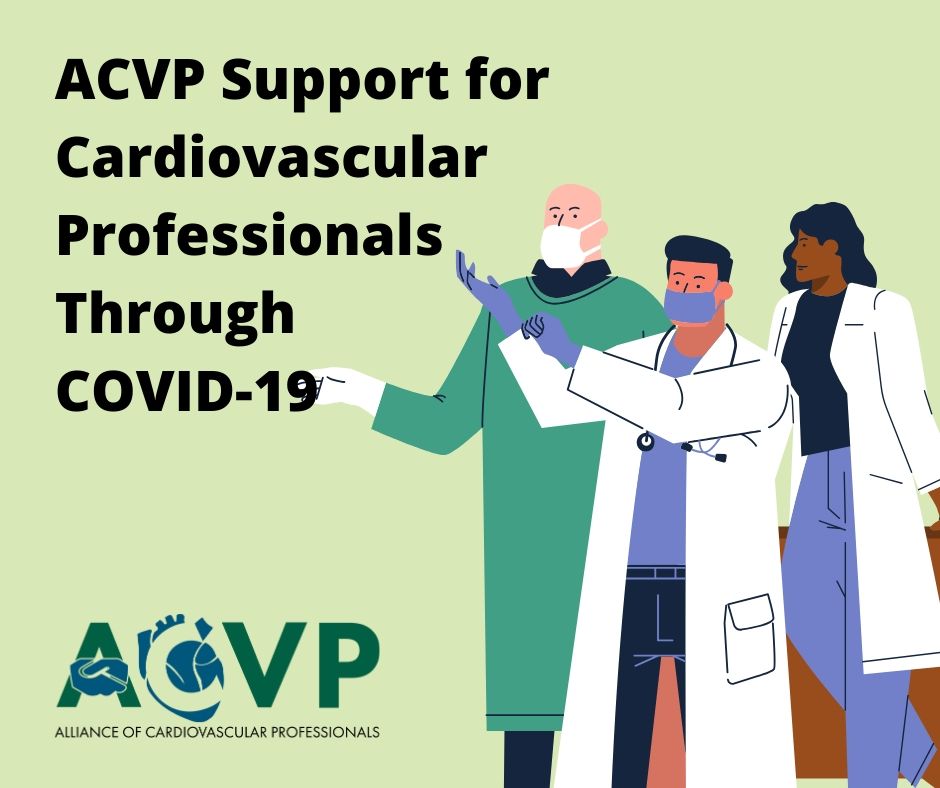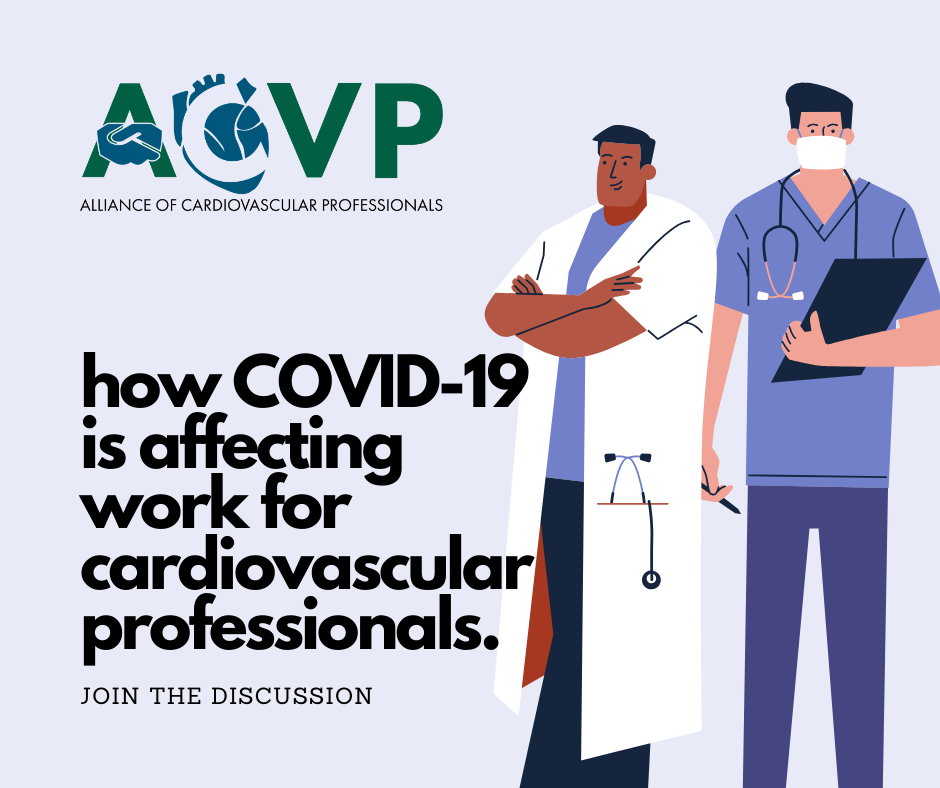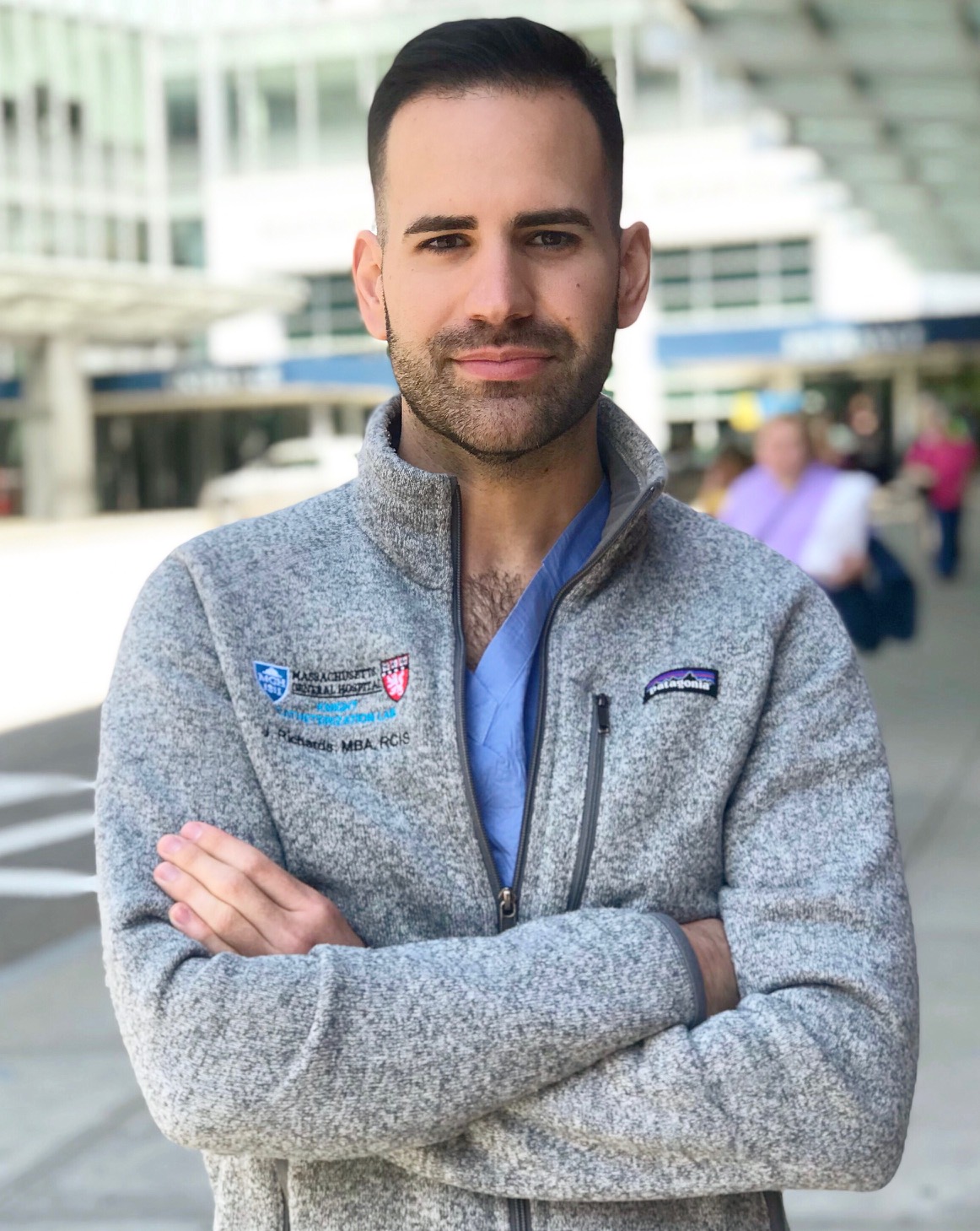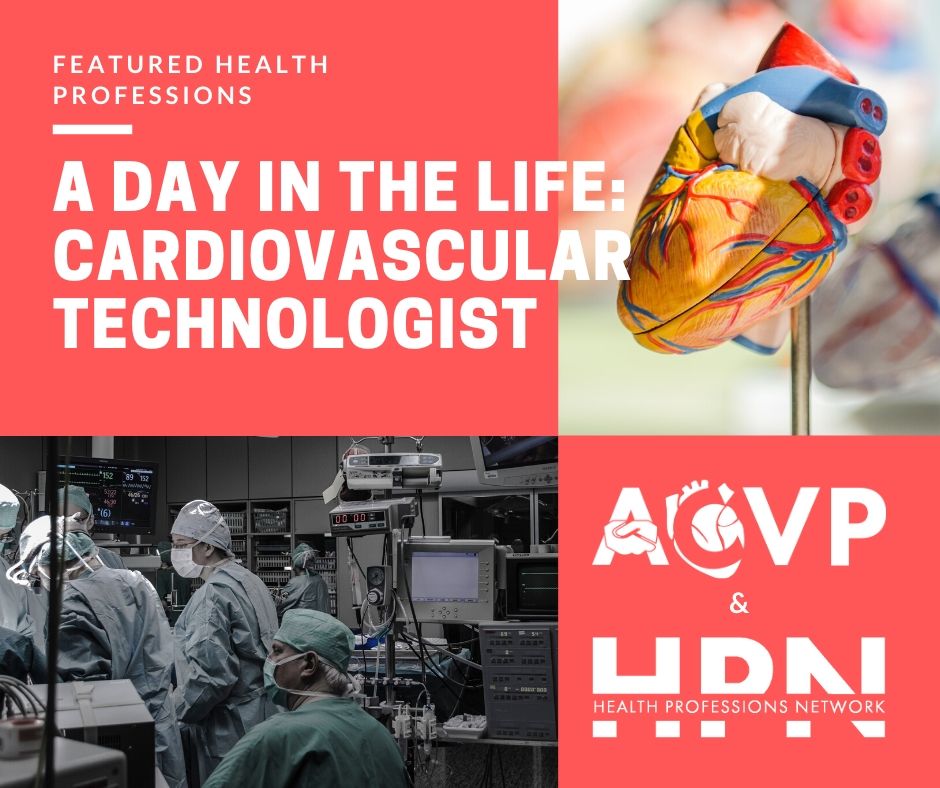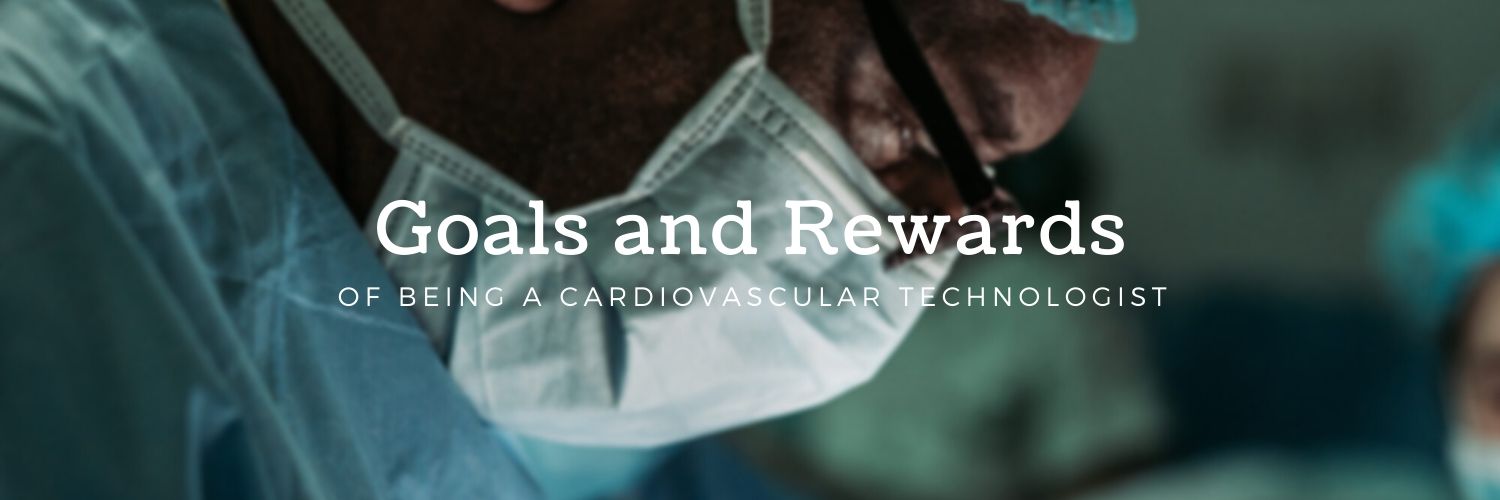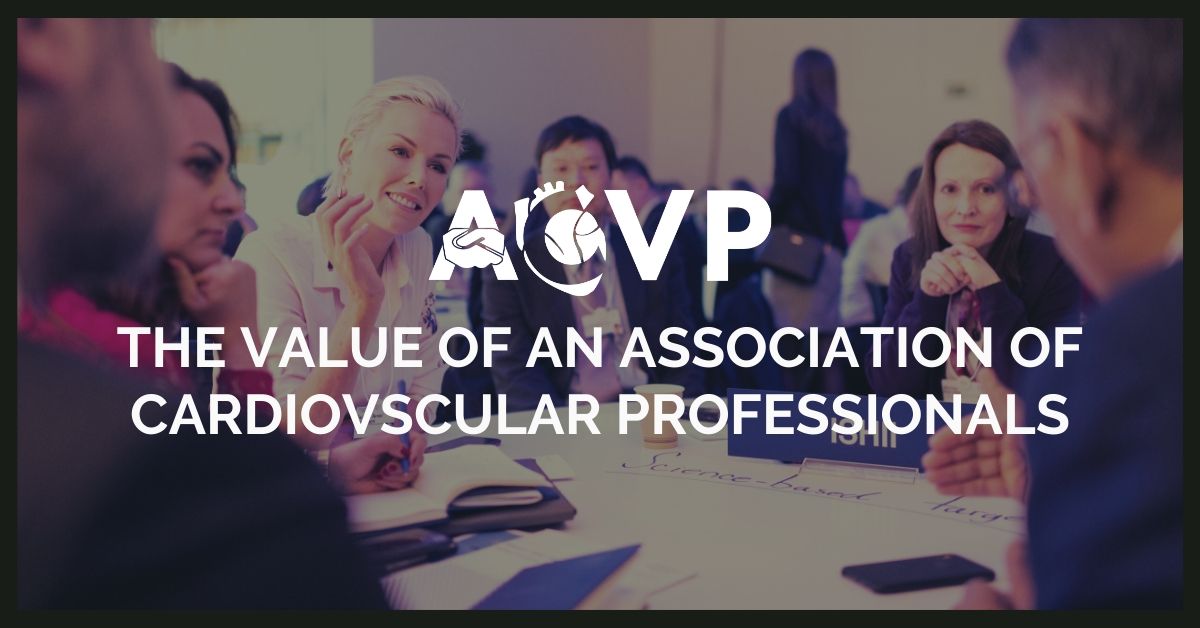Towards the beginning of this crisis, I wrote a message to our network regarding our response to COVID-19. Crucially, I want to remind everyone, again, that ACVP has maintained a remote staff infrastructure for many years, and our day-to-day operations and support for cardiovascular professionals has not changed despite COVID-19.
I also wanted to take this opportunity to update our members on how ACVP continues to provide outstanding support for cardiovascular professionals through COVID-19, and how we've been spending our time to continue to support our members and our profession.
1. Facilitating Virtual Continuing Education
The Alliance of Cardiovascular Professionals hasn't stopped developing and delivering quality continuing education in a virtual capacity. So far, in March and April alone, we've served hundreds of hours of continuing education to non-physician cardiovascular professionals through our new CVCEU on-demand education platform, which offers more than seven hours of educational modules absolutely free of charge.
We're working diligently behind the scenes to expand those offerings with all-new content, as well as secure sponsorship so that we can continue to deliver these new modules to professionals for free!
2. Facilitating Discussion & Collaboration in a Critical Time
Through this crisis, we've been blessed to have the active and engaged leadership of outstanding professionals and administrators in cardiovascular care to facilitate discussion and the sharing of best practices in real time.
We also continue to connect professionals, directly, with ACVP's CONNETWORK program. Thank you to our fellows and our leaders for going the extra mile despite the increased demands on their time.
1&2(b): Pre-Announcing Our Live Webinar Series in May
To facilitate both excellent virtual education and collaborative discussion, we're very excited to announce a LIVE webinar series in May which will feature outstanding cardiovascular service line administrators and directors and non-physician cardiovascular professionals sharing their experiences and insight into clinical care during the COVID-19 pandemic, as well as looking forward to the new normal in cardiology services as the world slowly reopens.
These moderated panel discussions will provide excellent, real-time clinical education and CEs for attendees, free of charge. Stay tuned for more information - and make sure you're getting our emails by signing up, here.
Continue reading Support for Cardiovascular Professionals through COVID-19
